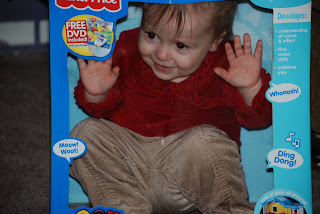
There are worse things, but, then, there always are. In this case, there are worse things than your daughter getting a tattoo. In fact, it really doesn't bother me. It's just "one of those things," if that makes any sense.
It's not uncommon for people to want a tattoo at some point in their lives, and it's more and more common for people to actually get them. When I was in Denver earlier this year, my friend got us court-side seats for a Nuggets game and I don't recall a player who wasn't nearly covered in "body art." Chris Anderson might lead the NBA in body art.
When our son Andrew first talked about getting a tattoo, he was still in high school and my response was, "When you turn 18 and I don't have to endorse it." Then he turned 18, and each time he mentioned the idea I gave him my advice: "You have to live with it -- forever. Be sure. When you come up with a design, sleep on it for a month to make sure it's really what you want." Delay, delay, delay. He never got one because a month always gave him time to come up with another design.
Lauren got pretty much the same advice, but she never really waivered from her
 original design or her desire to get a tattoo. And this week she did it -- right across the back of her left shoulder. It looks pretty cool -- three stars with some curled lines that look sort of like party streamers all above the words "Faith" and "Hebrews 11:1." The verse, which isn't part of the art, goes like this: "Now faith is being sure of what we hope for and certain of what we do not see." It's a wonderful message about trusting God -- especially when we don't fully understand what's going on around us.
original design or her desire to get a tattoo. And this week she did it -- right across the back of her left shoulder. It looks pretty cool -- three stars with some curled lines that look sort of like party streamers all above the words "Faith" and "Hebrews 11:1." The verse, which isn't part of the art, goes like this: "Now faith is being sure of what we hope for and certain of what we do not see." It's a wonderful message about trusting God -- especially when we don't fully understand what's going on around us.Will she still love the tattoo in 10, 15, 30 years? Who knows. But I have faith that the message will stay with her forever.




